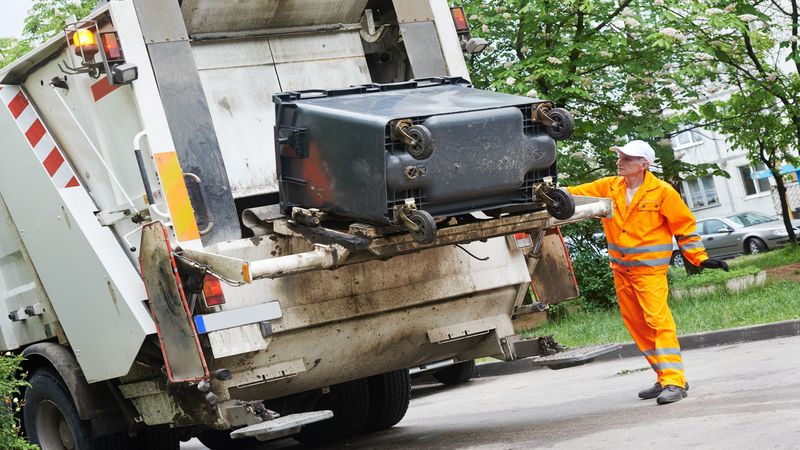In a world grappling with environmental challenges, implementing sustainable waste management solutions has become imperative. By adopting innovative practices and technologies, we can minimize the adverse impacts of waste on our planet.
Reducing Environmental Footprint
Sustainable waste management solutions play a pivotal role in reducing our environmental footprint. By implementing efficient recycling programs, composting initiatives, and waste-to-energy systems, we can divert substantial amounts of waste from landfills, conserving natural resources, minimizing greenhouse gas emissions, and protecting ecosystems from pollution.
Promoting Resource Conservation
Waste management solutions that prioritize recycling and reusing materials conserve valuable resources. By diverting waste from landfills and repurposing or recycling it, we can significantly reduce the need for raw materials extraction, leading to a more sustainable and circular economy where resources are conserved and utilized efficiently.
Enhancing Public Health and Safety
Proper waste management practices are crucial for public health and safety. Sustainable waste management solutions prioritize safe handling and disposal methods, preventing the release of hazardous substances into the environment. By minimizing the risk of contamination and exposure to harmful materials, these solutions help safeguard the well-being of communities and ecosystems.
Economic Benefits
Implementing sustainable waste management solutions can yield substantial economic benefits. By promoting recycling and waste diversion, valuable materials can be recovered and reintegrated into the manufacturing process, creating new business opportunities, stimulating job growth, and reducing reliance on costly raw materials. Additionally, waste-to-energy systems can generate renewable energy, further contributing to economic sustainability.
If you’re interested in upgrading your waste management solutions, visit the Waste Control Incorporated website.

